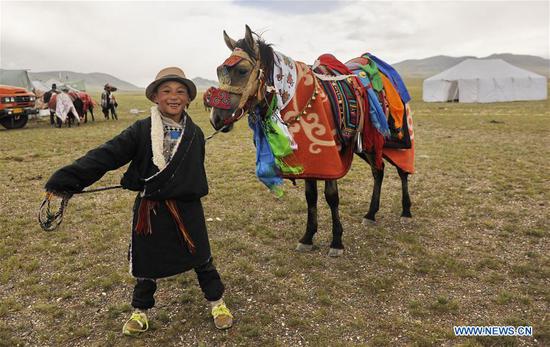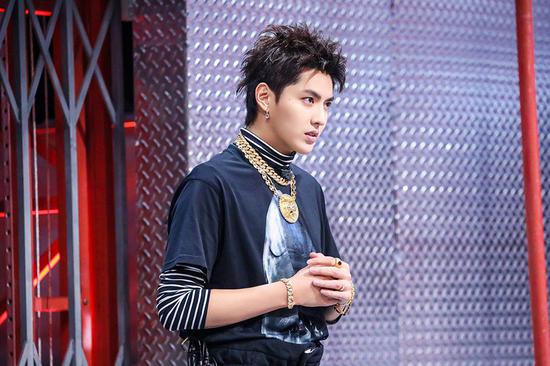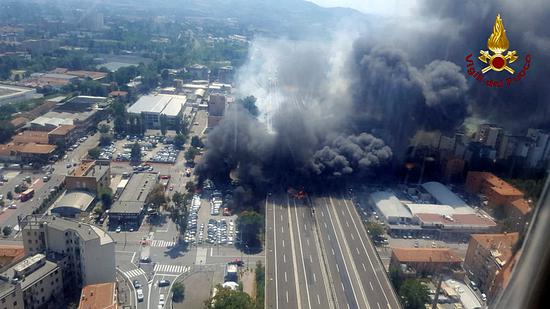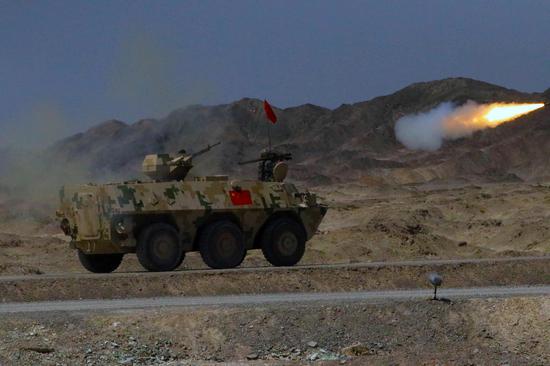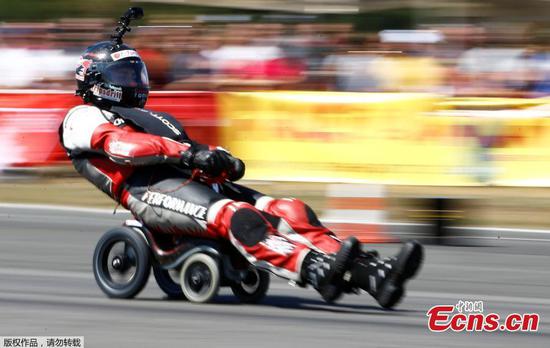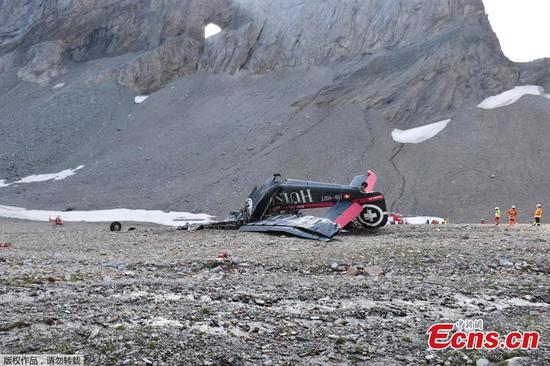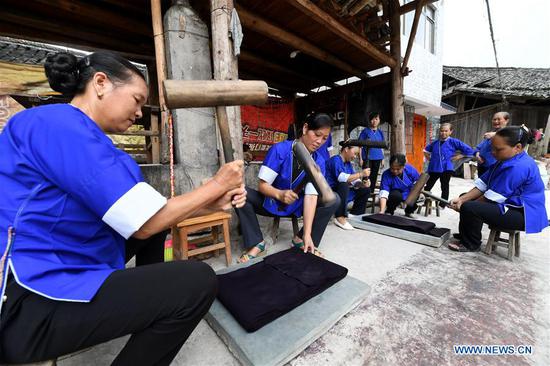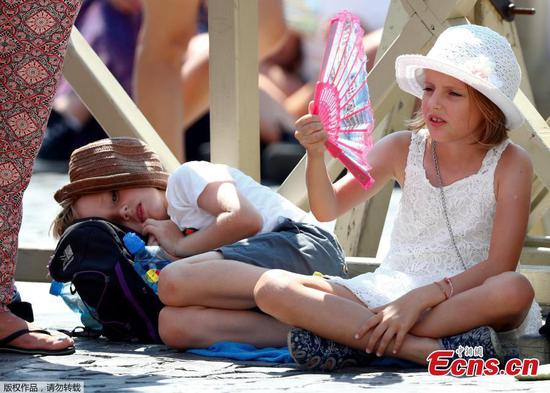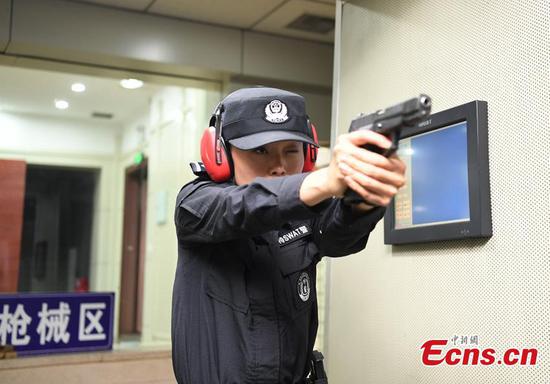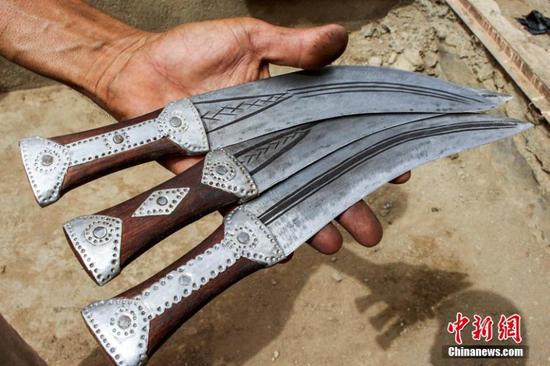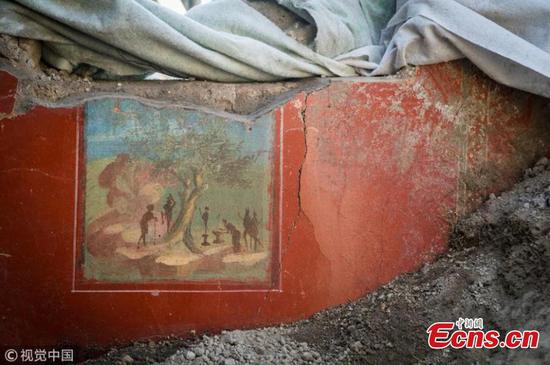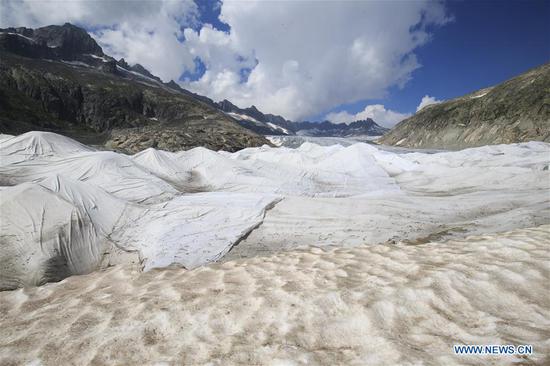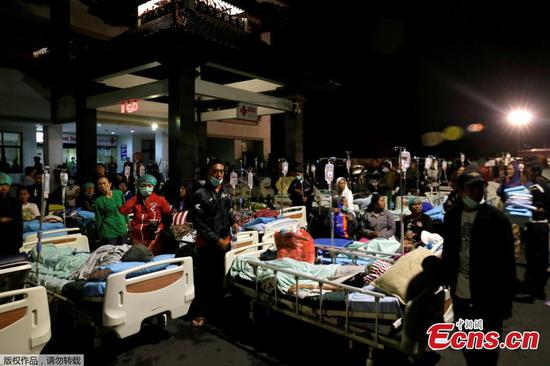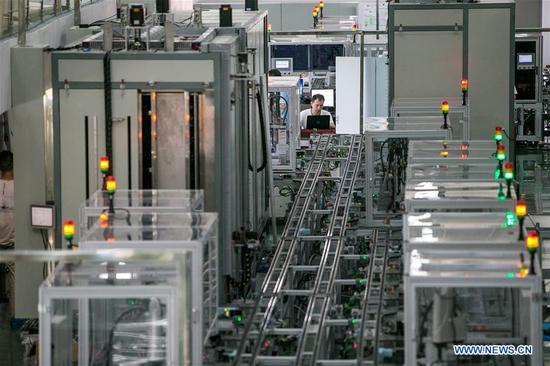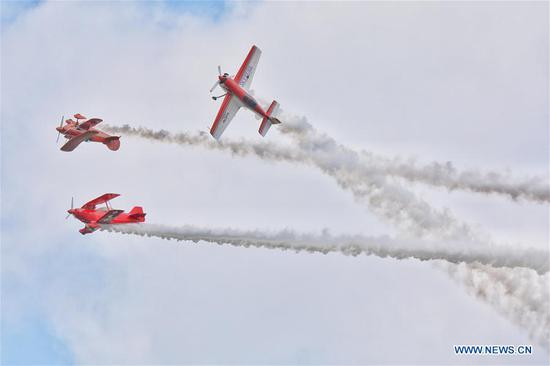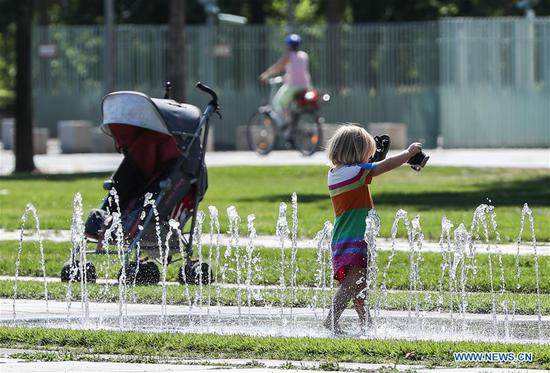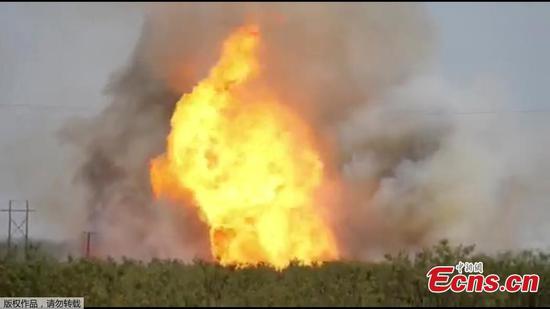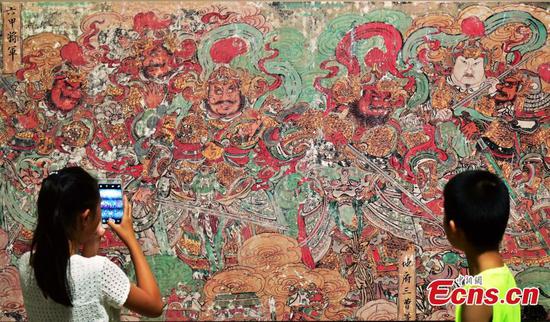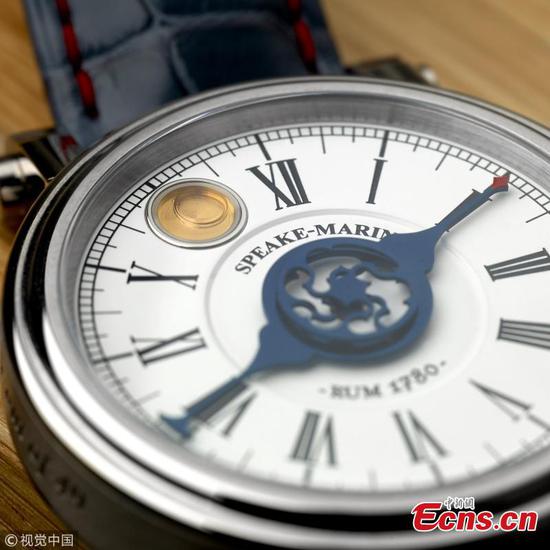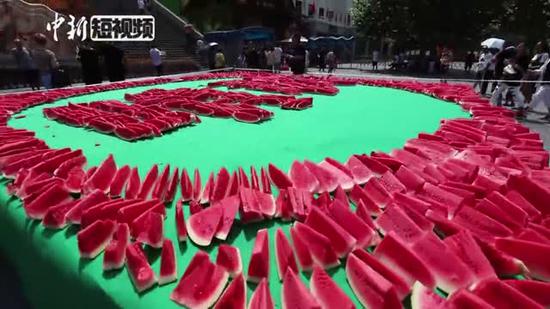The United States President Donald Trump has intensified pressure on the Iranian government after slapping tough economic sanctions on Tehran, whilst widening a disagreement with the European Union over a landmark nuclear accord.
On Tuesday, Washington reinstated stringent sanctions, accusing Tehran of continuing to pursue nuclear weapons - a charge Iran denies.
Iranian officials insist there has been no violation of the 2015 pact with the United States, China, Britain, France, Germany and Russia, which curbed its nuclear enrichment program in exchange for relief from economic sanctions.
The United States withdrew from the accord in May.
In a tweet posted after the new sanctions were imposed, President Trump warned the international community that: "Anyone doing business with Iran will not be doing business with the United States."
The action has exacerbated an already fragile relationship between Brussels and Washington, which is reeling from a tit-for-tat tariff trade war, a row over NATO spending and immigration.
"This is the United States, or the U.S. Treasury, extending its heavy hand across the world and telling people who they should and shouldn't trade with," Dr Michael Axworthy, author of Revolutionary Iran' and a senior lecturer at the British University of Exeter, told Xinhua.
Under the new sanctions program, Iran is banned from using the U.S. dollar, and trade in metals, automobiles and coal has also be halted. American businesses trading in, pistachio nuts, Iranian carpets and caviar have had their licenses revoked.
The Iranian government has also been barred from purchasing new aircraft to replace their antiquated - and often dangerous - civilian fleet. Boeing had to abandon plans to supply more than 16 billion dollars in passenger jetliners to Iran.
"It's certainly true that U.S. sanctions have left commercial airlines in Iran with among the oldest passenger planes in the world," Aviation analyst Alex Macheras told Xinhua.
Macheras says Iran's 14 registered commercial airlines are flying ageing and fragile passenger jets.
"And while older aircraft in the West remain safe to fly - given constant maintenance, cockpit software updates, and structural upgrades, it simply isn't the case for Iran - where some of the necessary maintenance cannot take place; as spare parts contain more than 10 percent U.S. technology content, meaning they need U.S. treasury export licences."
Europe openly disagrees with the new sanctions, with Britain, Germany and France hoping to continue the nuclear deal, with or without U.S. involvement. An EU statement said preserving the agreement was 'a matter of respecting international agreements and a matter of international security.'
"The deal is certainly looking very shaky, but all of the signatories, apart from the United States are very keen that it should be salvaged, and that must be something to savour. But of course, the Iran - U.S. aspect of it was probably always the most crucial aspect of it," Axeworthy added.
Brussels has also expressed willingness to support European businesses. Alistair Burt, the British Minister of State for the Middle East, said Washington has not made the right decision to impose economic sanctions on Tehran.
"I must say it's quite good to see a British Minister - Alistair Burt - standing up and saying, we're not going to take that lying down and sticking up for companies that want to trade with Iran," Axworthy said.
But, with Washington also pushing foreign countries to reduce their oil imports from Iran by November, the impact of sanctions on the faltering economy and the public could be dire.
"The majority of Iranians are not into politics and they just want to secure their daily needs for them and for their families," Dr. Ali Bakeer, a political analyst, specializing in Iran, told Xinhua in an interview.
"However this is almost becoming impossible for them as the inflation in the country is skyrocketing and so the value of the Iranian riyal is sinking against the dollar not to mention the unemployment indicator which is going up for so long."
Pulling out of the 2015 agreement was a major election campaign promise for Trump, who repeatedly deemed it "the worst deal ever."
Iranian President Hassan Rouhani has said the sanctions were "psychological warfare" aimed at sowing division among Iranians.
The president said Monday that the Iranians would make the United States regret for re-imposing sanctions against the Islamic republic.
"Through unity and solidarity, the Iranians will weather away the return of sanctions," Rouhani said. "Trump will learn that these kinds of pressures did not surrender Iranians in the past and will never do so in the future."










